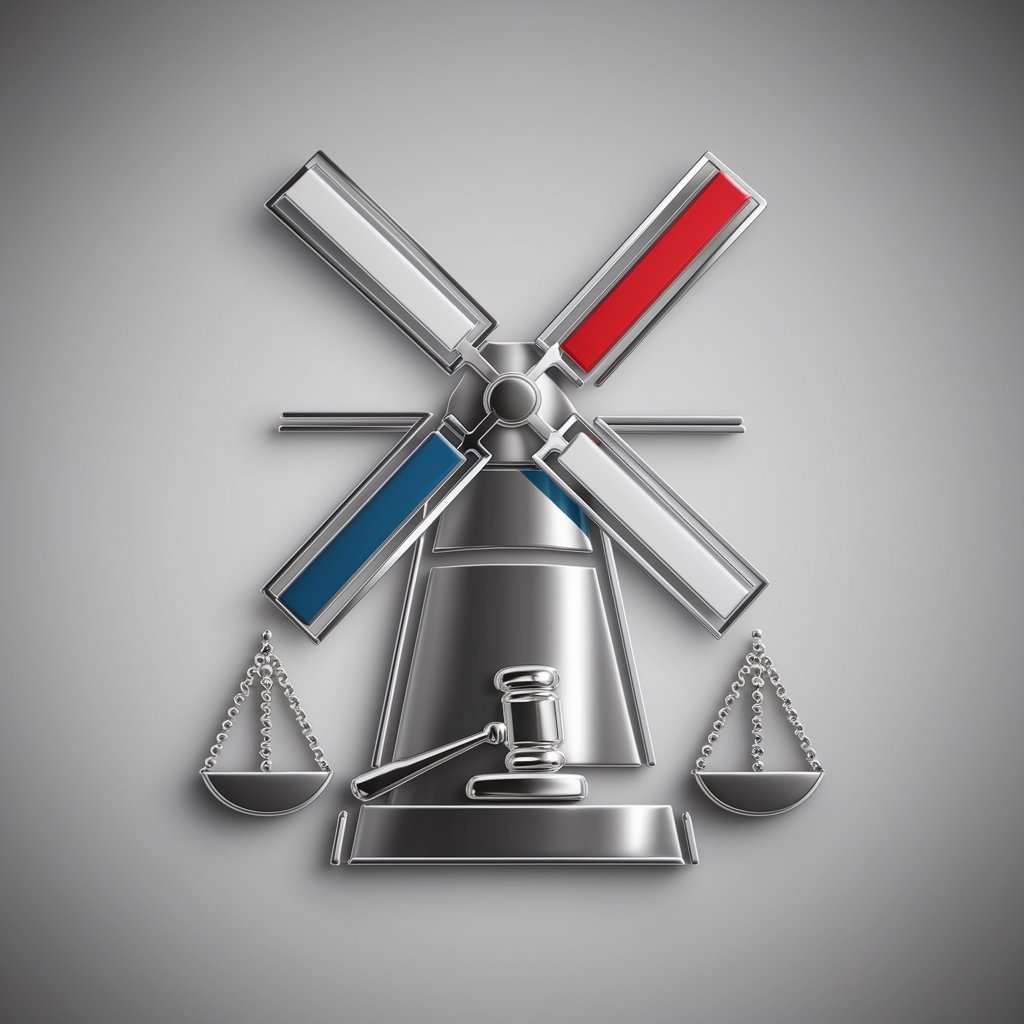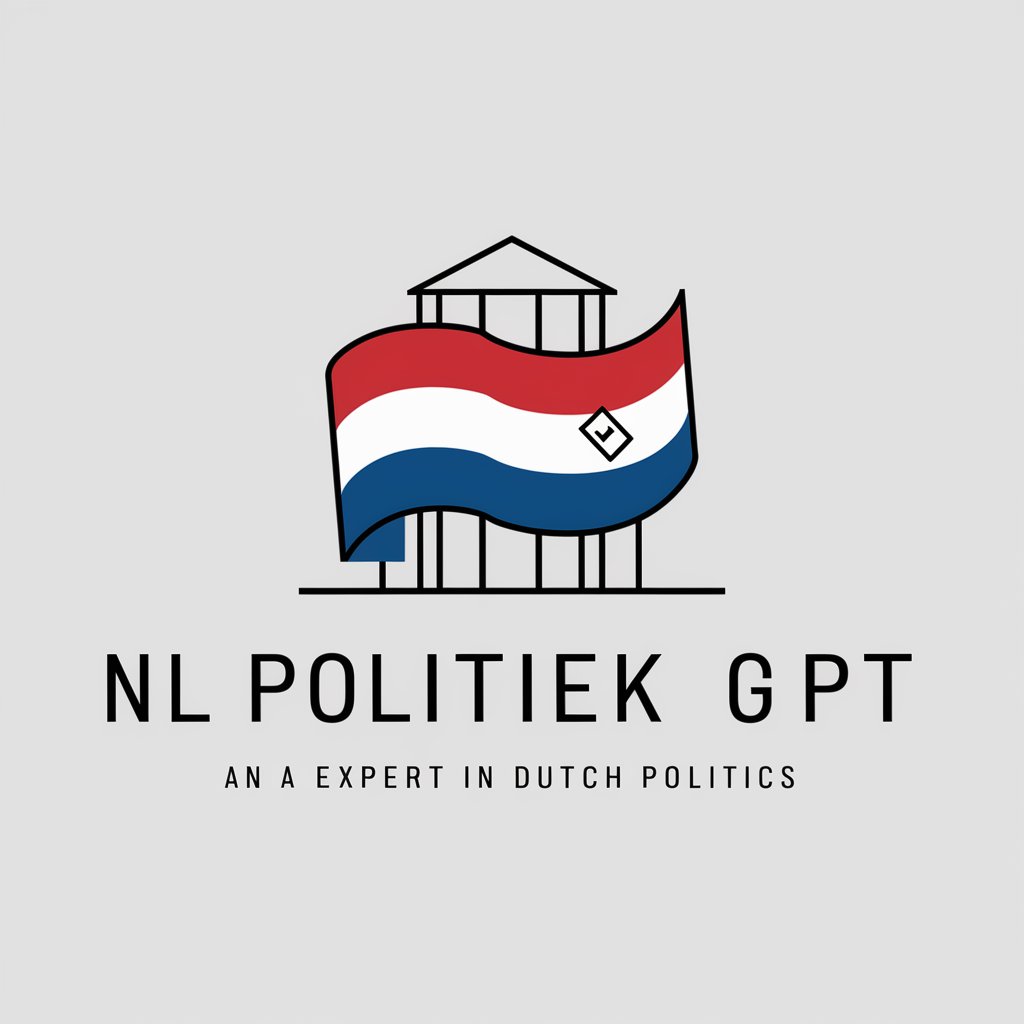
Nederlandse voorstel Wet Collectieve Warmte (WCW) - Detailed WCW Insights
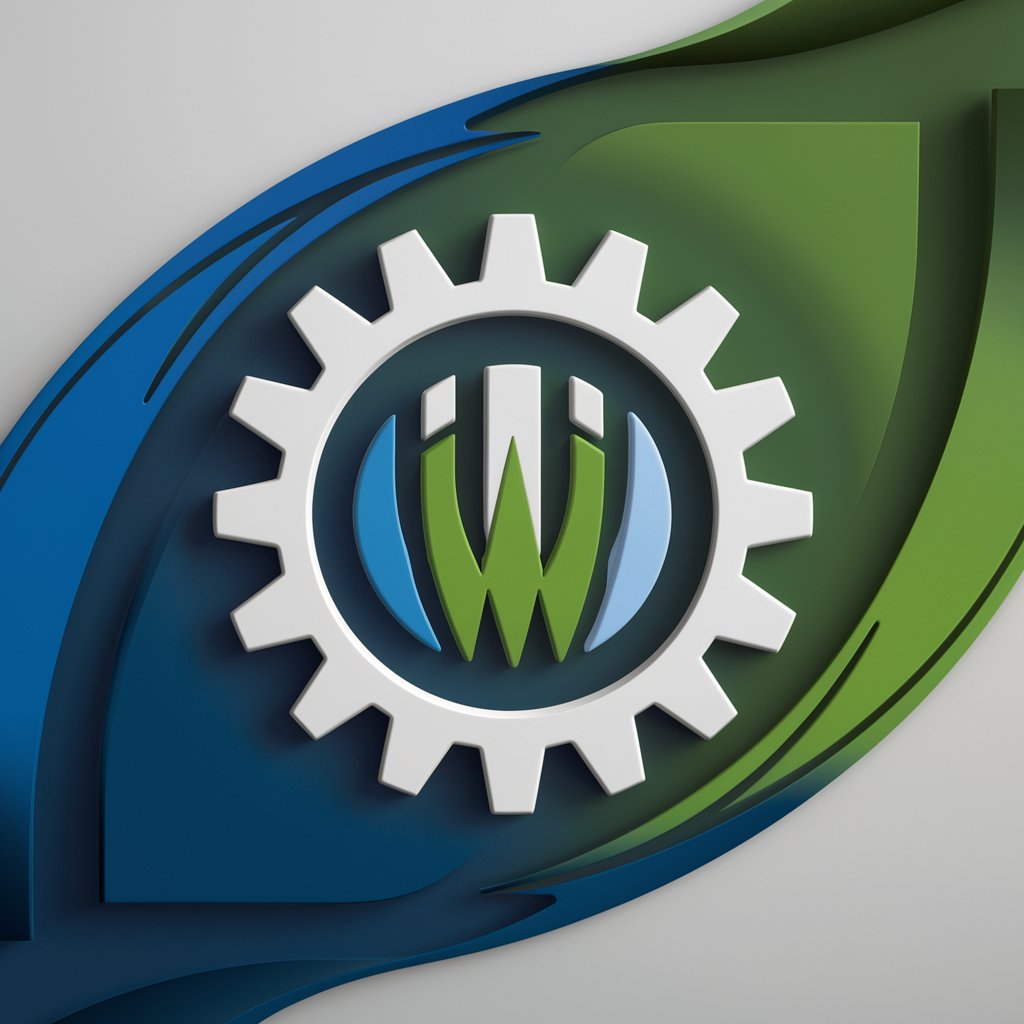
Welkom bij uw gids voor de Wet Collectieve Warmte.
Navigate Dutch Energy Laws with AI
Wat zijn de belangrijkste doelstellingen van de Wet Collectieve Warmte?
Hoe werkt de aanwijzing van een warmtebedrijf volgens de WCW?
Wat zijn de verplichtingen van een aangewezen warmtebedrijf?
Welke rol speelt de Autoriteit Consument en Markt in de WCW?
Get Embed Code
Introduction to Nederlandse voorstel Wet Collectieve Warmte (WCW)
The Nederlandse voorstel Wet Collectieve Warmte (WCW), or the Dutch Collective Heat Act proposal, represents a significant legislative effort to regulate and promote the development and operation of collective heating systems within the Netherlands. The WCW is designed to establish a coherent legal framework that supports the transition to more sustainable heating solutions, contributing to the country's climate goals and reducing dependency on fossil fuels. The act outlines the roles and responsibilities of various stakeholders, including heat providers, consumers, and local governments, ensuring a fair, transparent, and efficient heat supply. For example, the WCW stipulates how heat networks should be developed, how tariffs are set, and the quality of the heat supply, ensuring that consumers are protected and that sustainable heating solutions are accessible and reliable. Powered by ChatGPT-4o。

Main Functions of Nederlandse voorstel Wet Collectieve Warmte (WCW)
Regulation of Heat Networks
Example
Setting standards for the construction and operation of heat networks to ensure safety, efficiency, and sustainability.
Scenario
A municipality plans to develop a new heat network. Under the WCW, the project must meet specific standards for environmental impact, efficiency, and consumer protection, ensuring a reliable and sustainable heat supply for residents.
Consumer Protection
Example
Establishing clear rules for pricing and service quality to protect consumers.
Scenario
A consumer is connected to a collective heat network. The WCW ensures transparent pricing and quality standards, providing the consumer with assurance regarding the cost and reliability of their heat supply.
Facilitating Sustainable Transition
Example
Promoting the use of renewable energy sources within heat networks.
Scenario
A heat provider wants to switch to a more sustainable energy source for their heat network. The WCW supports this transition by offering a regulatory framework that encourages the integration of renewable energy sources, such as geothermal or solar thermal energy, into heat networks.
Ideal Users of Nederlandse voorstel Wet Collectieve Warmte (WCW) Services
Municipalities
Local governments play a crucial role in the planning and development of collective heat networks. The WCW provides them with a framework for sustainable urban development, enabling the creation of energy-efficient communities.
Heat Providers
Companies and organizations that supply heat can use the WCW as a guideline for operating within a regulated market, ensuring compliance with sustainability standards and consumer protection measures.
Consumers
Residents and businesses connected to collective heat networks benefit from the WCW through enhanced consumer protection, ensuring fair pricing, reliable supply, and access to sustainable heating solutions.

How to Use the Nederlandse Voorstel Wet Collectieve Warmte (WCW)
1
Start by visiting yeschat.ai for a hassle-free trial that requires no login or ChatGPT Plus subscription.
2
Familiarize yourself with the WCW proposal law and its application to ensure a deep understanding of its context and implications.
3
Utilize the search function to query specific articles or terms within the WCW to find precise legal information or clarification.
4
Apply the information retrieved to your specific scenario, such as policy development, academic research, or legal consultation, to assess its implications.
5
Regularly check for updates on the WCW proposal law to stay informed on any changes or new interpretations that could impact your use case.
Try other advanced and practical GPTs
Dungeon and Dragons Helper - Tavern 'Wet Tortle'
Immerse yourself in DnD with AI-powered guidance.
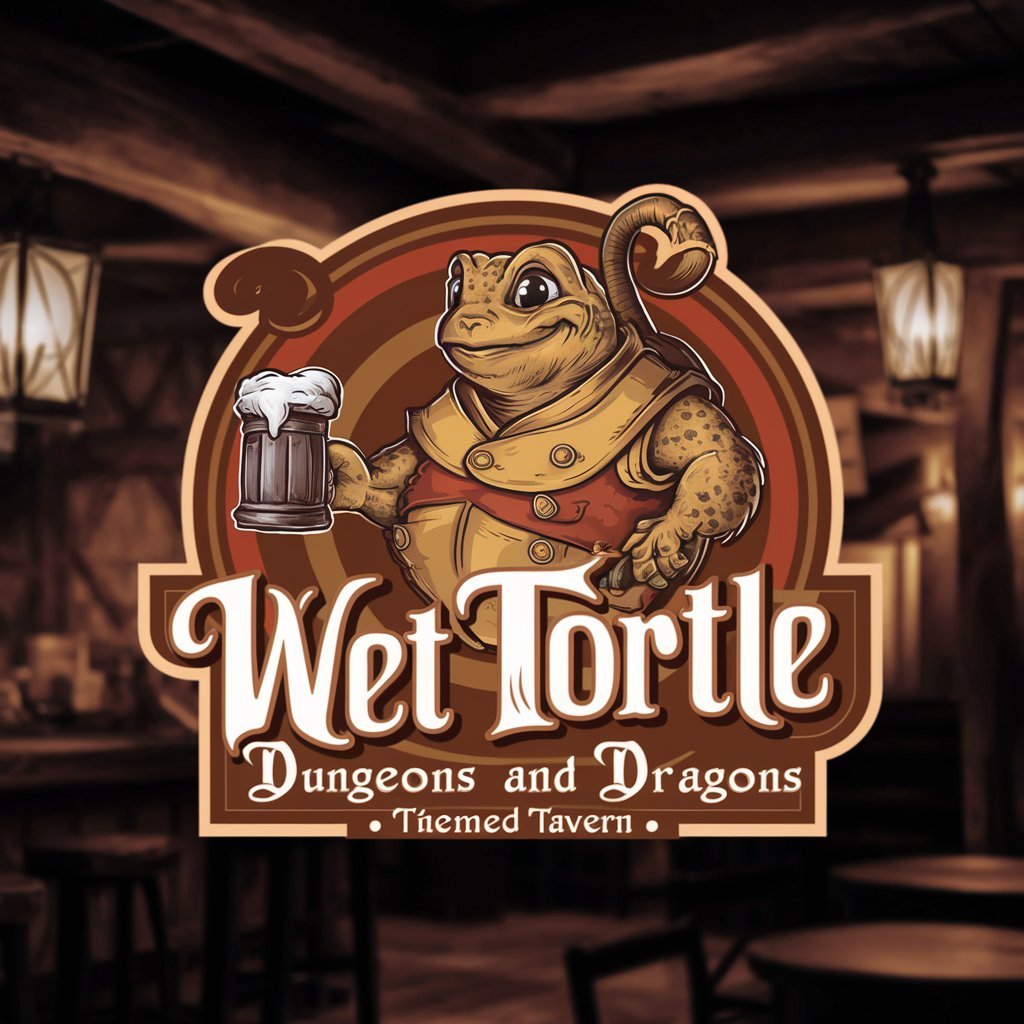
Bremen Kleidungsempfehlung Wetter
Dress smart with AI, rain or shine.
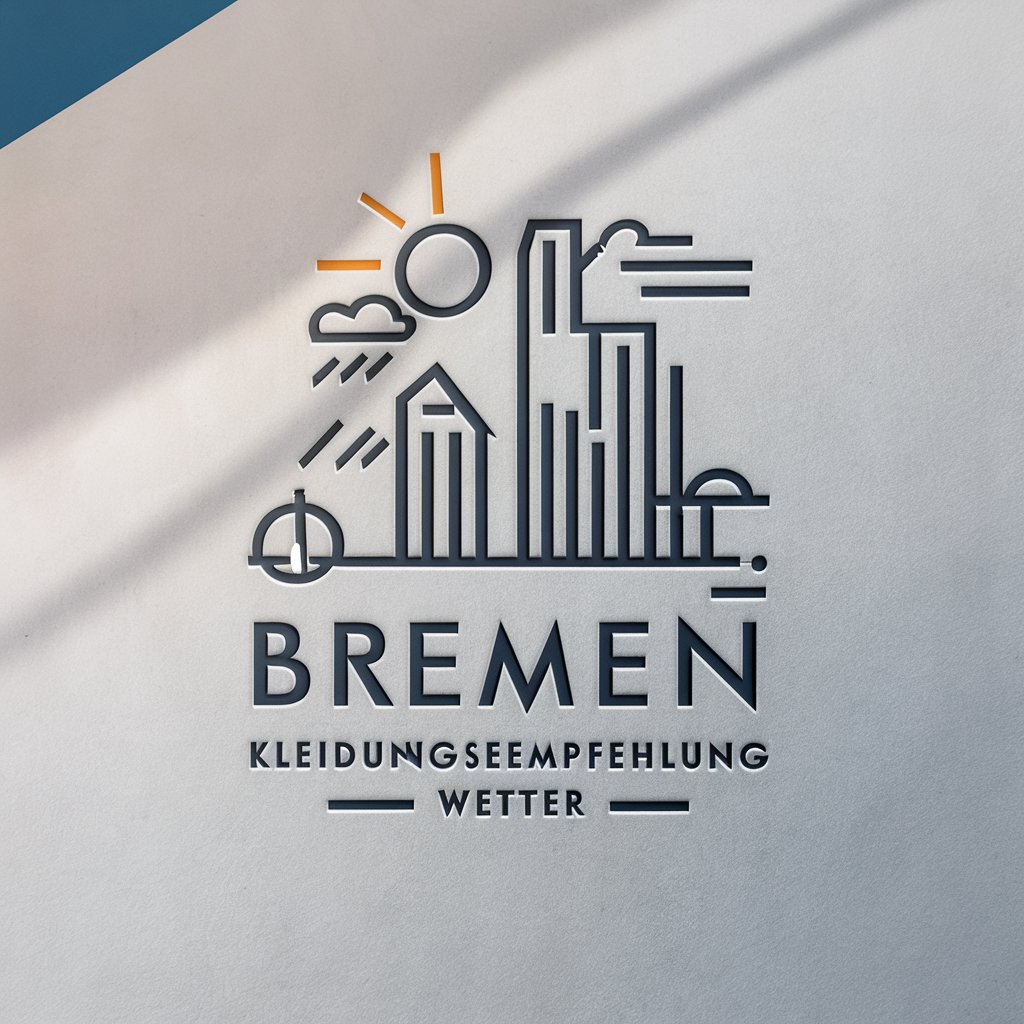
De Nederlandse wet | The Dutch Law
AI-powered Dutch Legal Insight
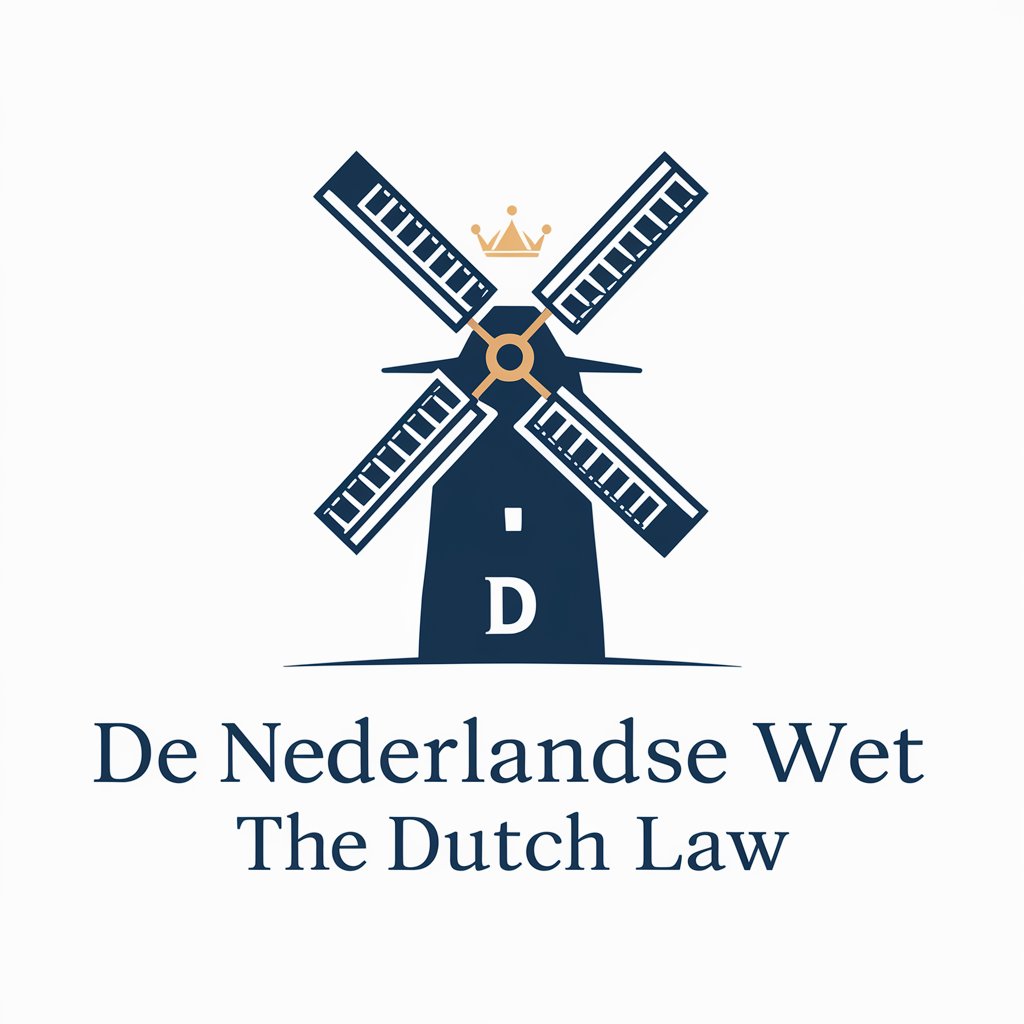
Free Wet Plate Collodion Assistant
Mastering collodion photography with AI assistance
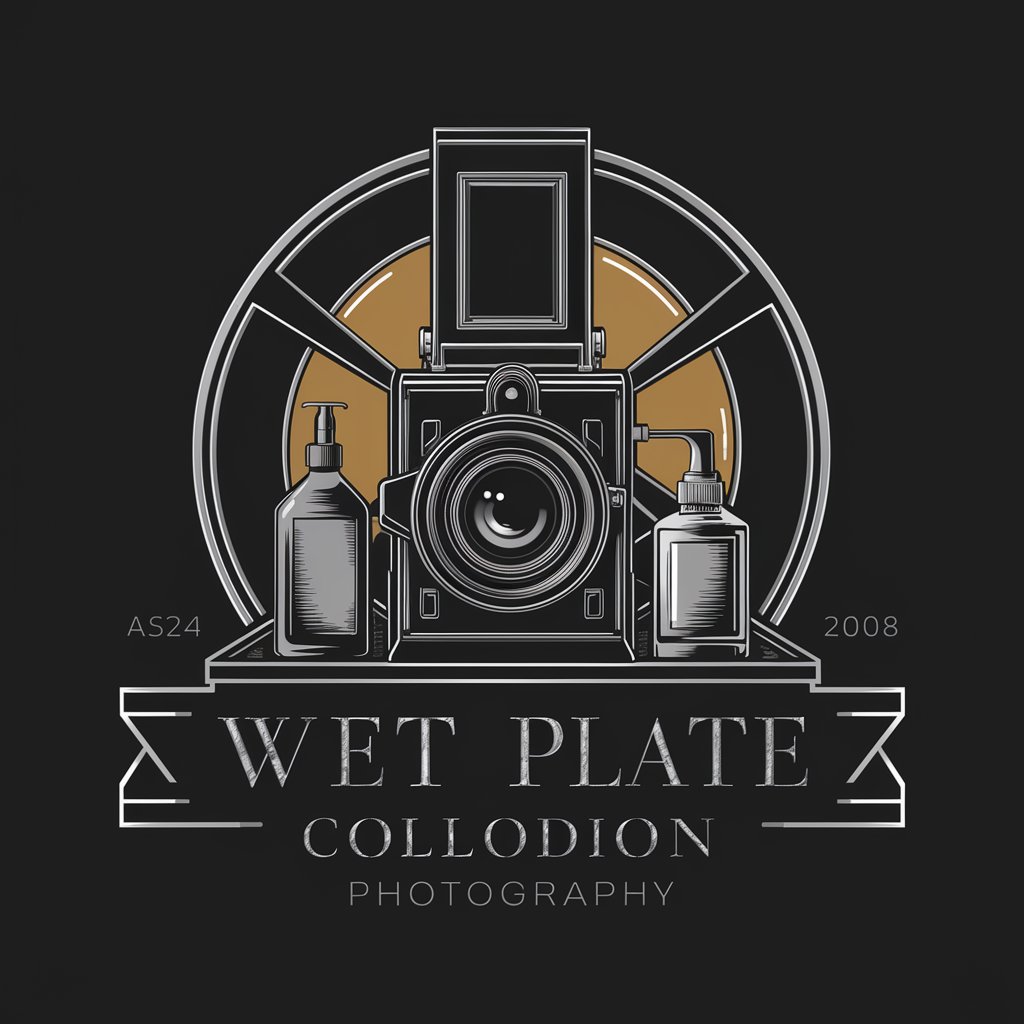
Nederlandse Wet Begrijpelijk Uitlegger
Simplifying Dutch law with AI.
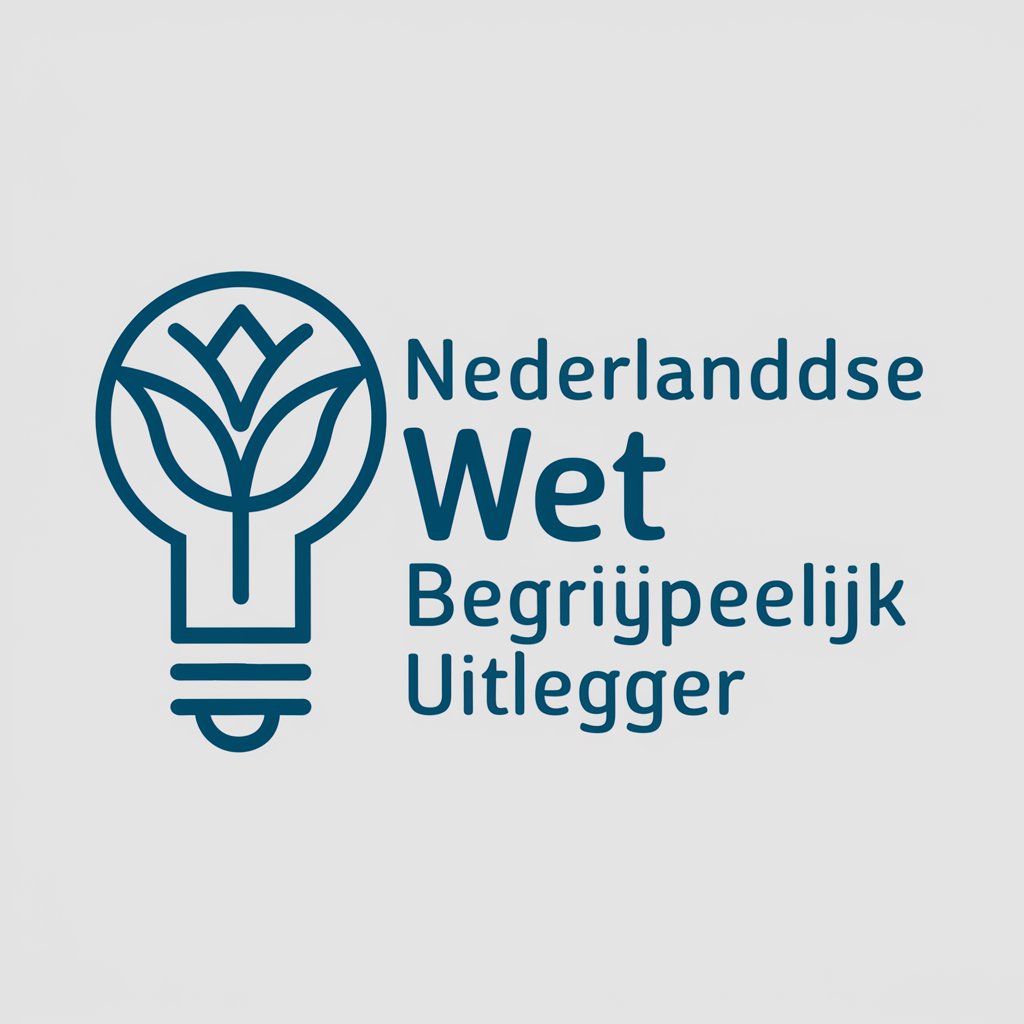
Wetopi Support
Enhancing WordPress management with AI-driven support
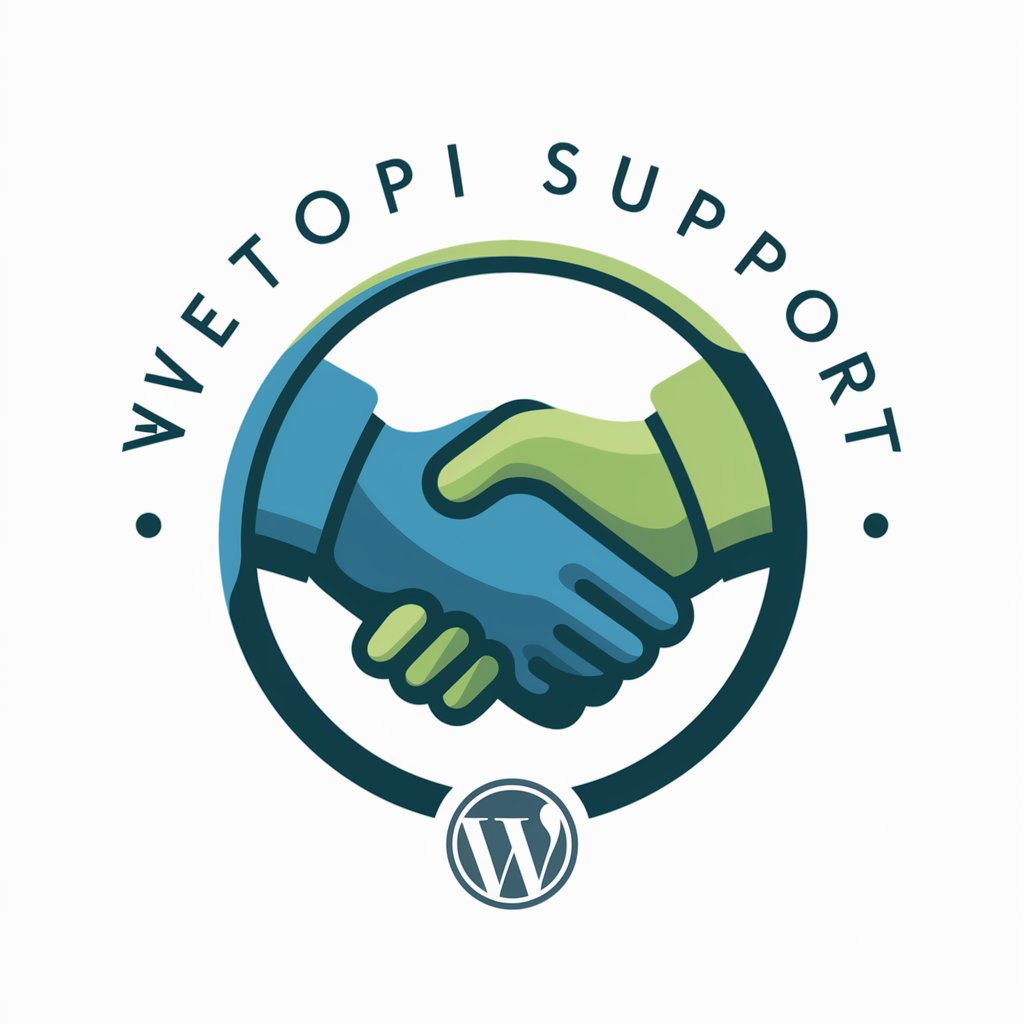
Wettbewerbsanalyse Assistent
Unveil Competitor Strategies with AI
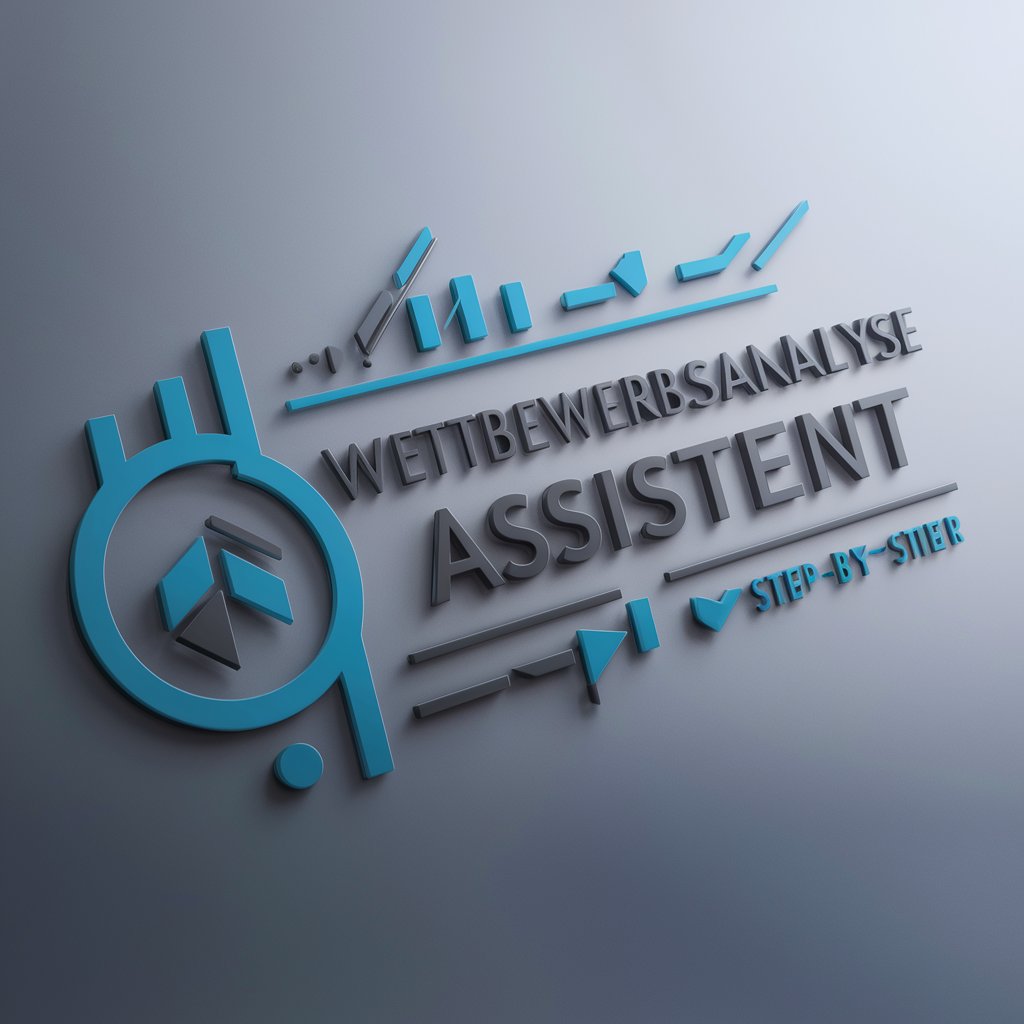
80 20 Running Coach
AI-Powered Custom Running Guidance
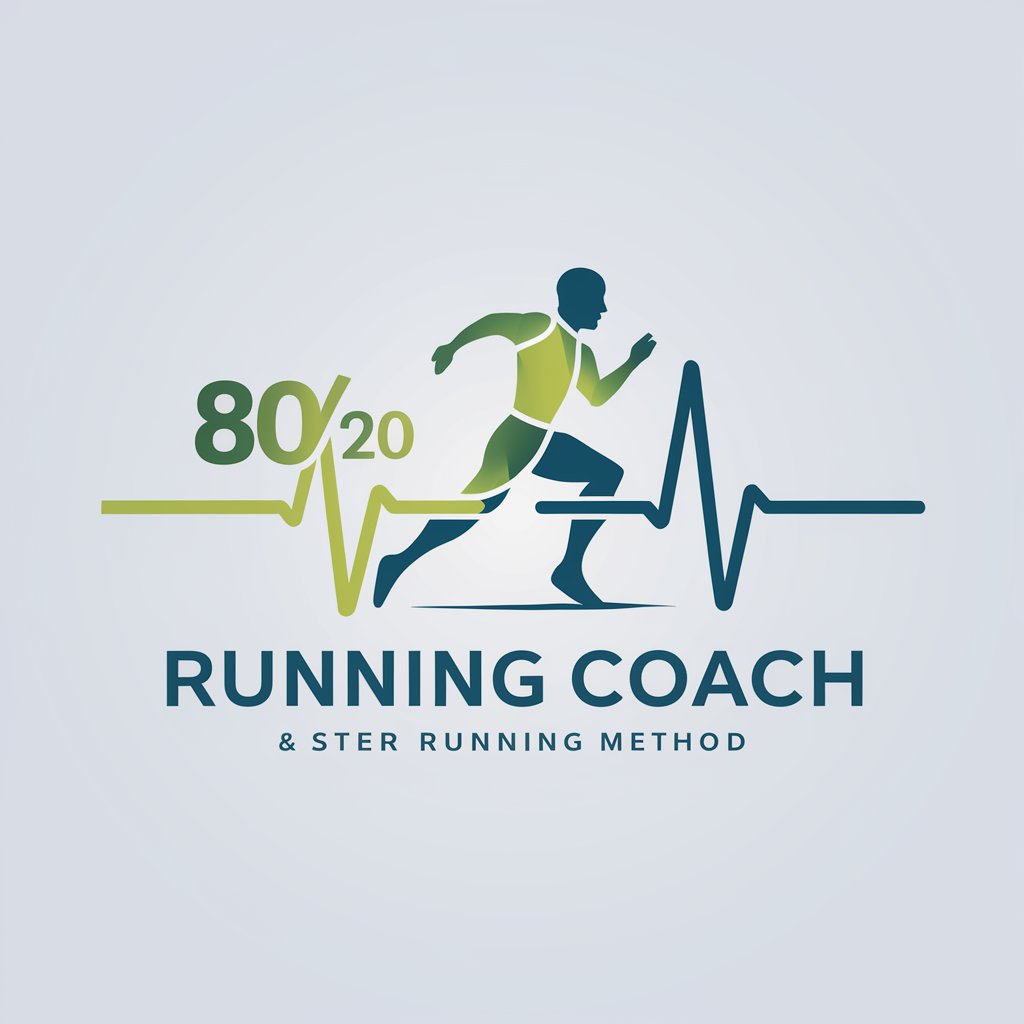
ALLAIS Business Automator
Empower Your Business with AI-driven Efficiency
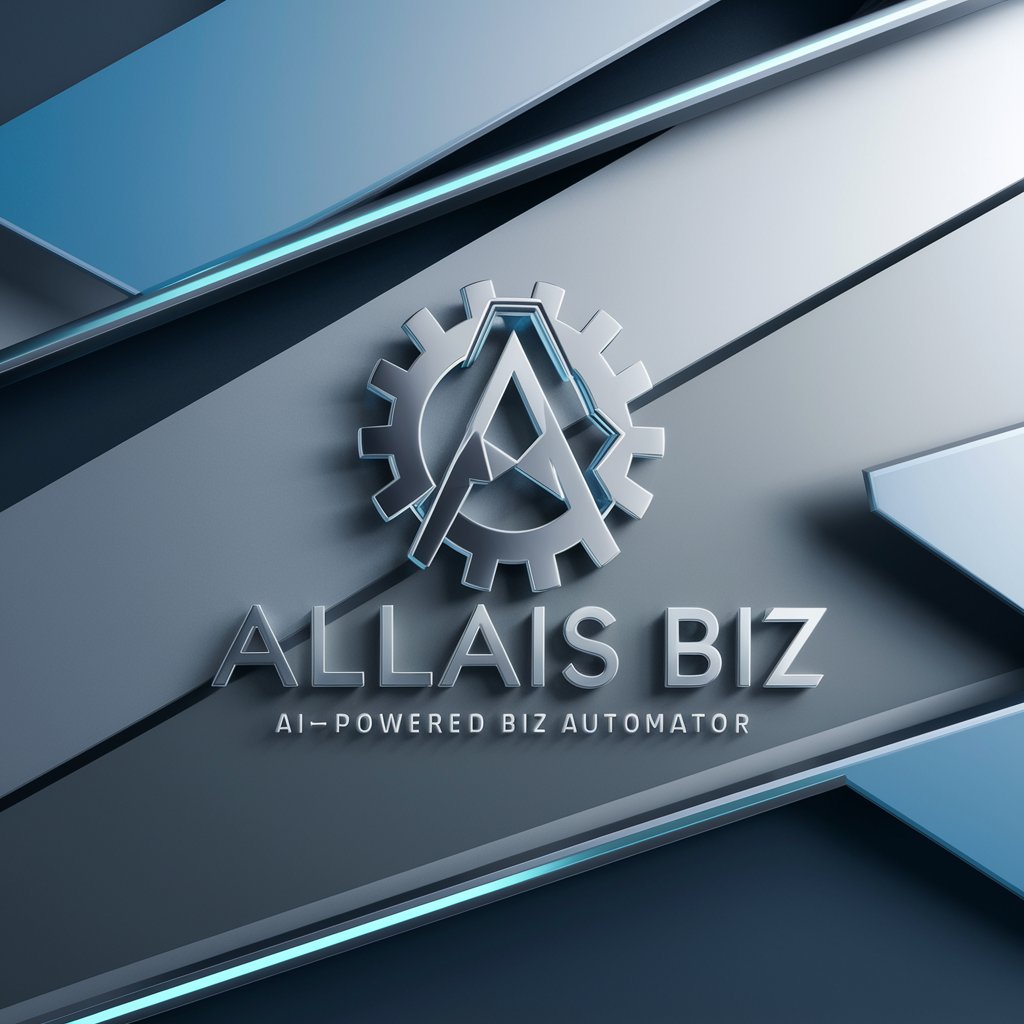
Formateur IA
Empowering AI Learning with Automation

Legal Expert GPT
Empowering Law Practice with AI

iTextMaster - ChatPDF & Text With AI
Unlocking Text Potential with AI
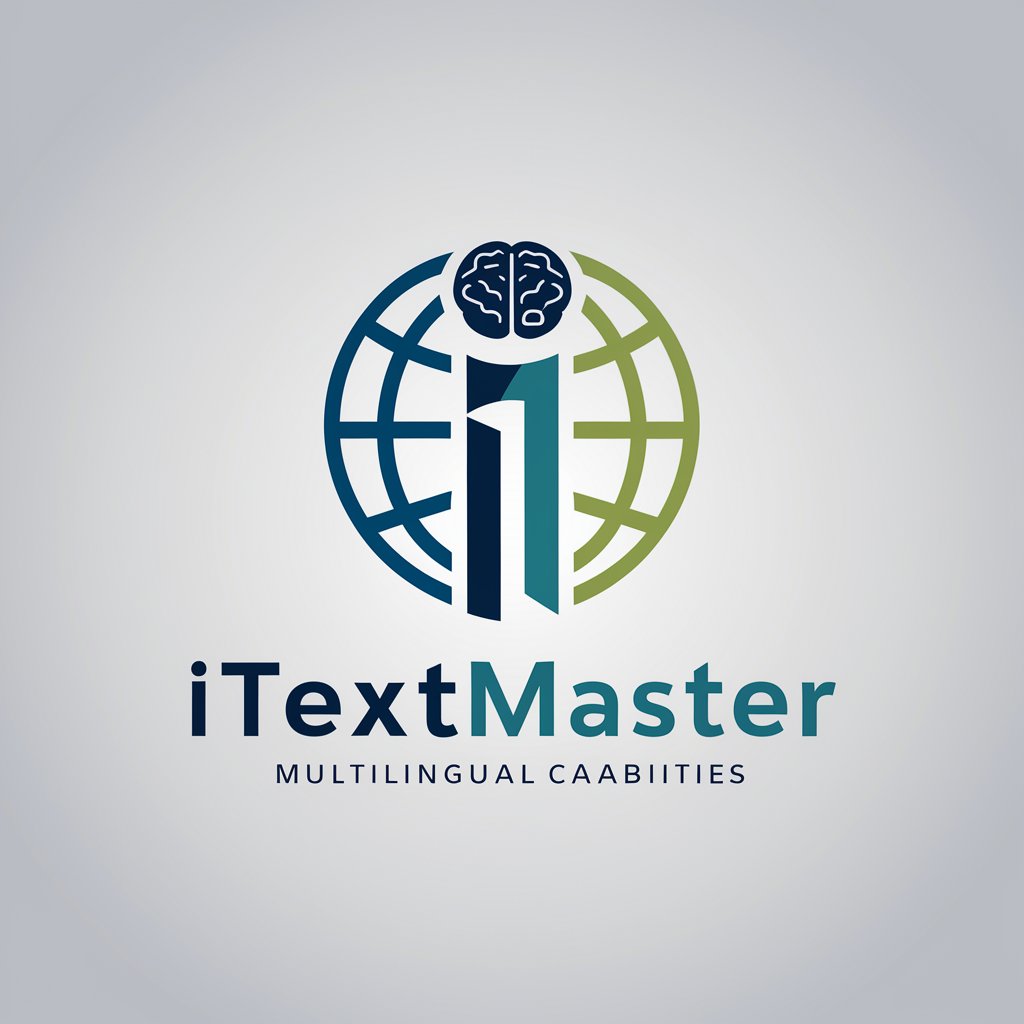
Frequently Asked Questions about Nederlandse Voorstel Wet Collectieve Warmte (WCW)
What is the Nederlandse voorstel Wet Collectieve Warmte (WCW)?
The Nederlandse voorstel Wet Collectieve Warmte (WCW) is a legislative proposal in the Netherlands aimed at regulating the supply and use of collective heating systems to ensure sustainability, efficiency, and consumer protection.
How can I find specific information within the WCW?
You can use the search function to look up specific terms, articles, or sections within the WCW documents to find detailed explanations, legal requirements, and practical implications.
What are common use cases for the WCW?
Common use cases include legal research, policy development, academic studies, compliance assessment, and advice on energy transition projects.
Can the WCW help with understanding energy transition laws?
Yes, the WCW provides detailed insights into Dutch laws regarding energy transition, specifically related to collective heating, making it an essential tool for anyone involved in this field.
How often is the WCW information updated?
The information provided is based on the proposal law as of 23 November 2023. Users are encouraged to consult experts and official sources for the latest updates and interpretations.

